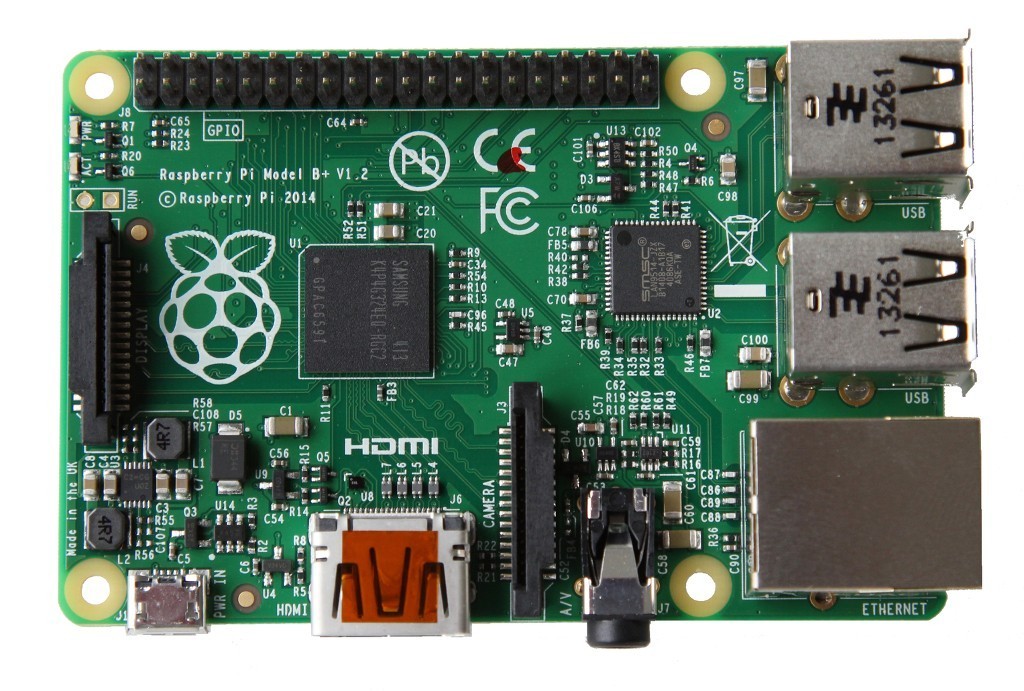
64 bit os for raspberry pi install#
That is why it is mentioned that if you want to update the system at this time, you must install the "Lite" version of Pi OS and manually install the important applications.

Unfortunately, the Pi Foundation is still working on the “desktop with recommended apps” version of the Pi 64-bit operating system. Also, 64-bit Pi OS should improve benchmark performance (not necessarily real-world performance) thanks to its improved instruction set.
64 bit os for raspberry pi software#
The 64-bit version of this long-awaited operating system increases software compatibility for closed source applications, which are often exclusive to ARM64. Beyond that, there are some intrinsic performance benefits to the A64 instruction set: these are most visible in benchmarks today, but are supposed to be reflected in real-world application performance in the future. Compatibility is a key concern: many closed source applications are only available for arm64, and open source ones are not fully optimized for the armhf port. Another positive point that is also expected is that the performance of certain applications will improve with the change to 64-bit operation.Īnd the reason for talking about it is that after a year of beta testing, a stable version of the 64-bit version is finally available of the Raspberry Pi operating system, which has been in beta since May 2020.īut we have realized that there are reasons to choose a 64-bit operating system instead of a 32-bit one. However, The Raspberry Pi Foundation recognizes that many users may have reasons to prefer a 64-bit operating system, such as those who need to run closed source applications that are only available for the arm64 architecture.


In addition to this, something that is noteworthy about the Raspberry Pi is can work with a large number of operating systems, from Linux systems (Ubuntu, Arch Linux, Recalbox, Lakka, etc), as well as Windows, Android, among other types of systems.īut, in most cases, for users, the other alternatives are not always entirely viable and they prefer the use of the default operating system of the Raspberry Pi.Īnd for this the system that was created for the RPi, was once called Raspbian, which this operating system is based on the “Debian” Linux distribution.īut for a long time there was only one problem and that is that despite the fact that the Raspberry Pi line supports a 64-bit architecture since 2016 (with the release of Raspberry Pi 3), the default operating system has remained 32-bit. Without a doubt the Raspberry Pi is a great pocket computer that has been adapted to a large number of requirements from its users, from the zero versions to the Raspberry pi 400, basically these boards make it possible from personal projects to industrial systems.


 0 kommentar(er)
0 kommentar(er)
